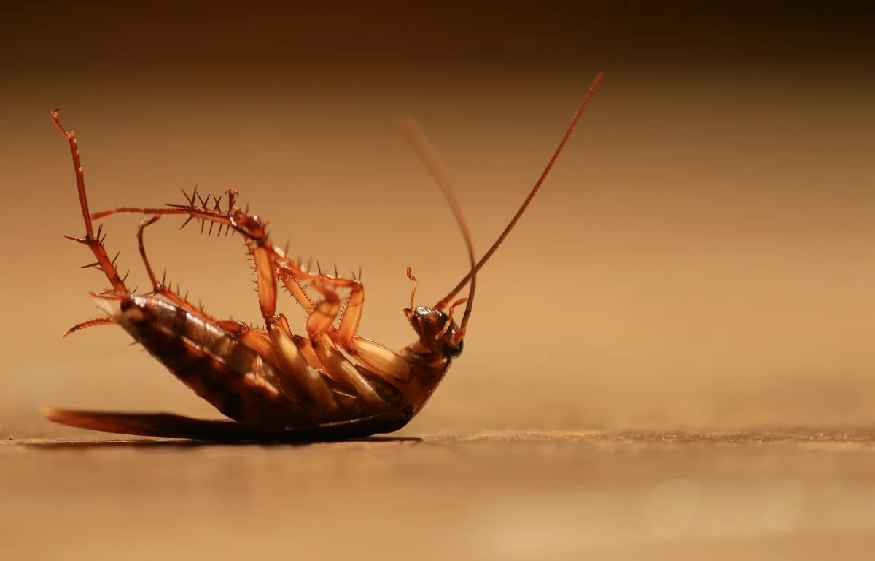A lot of homeowners think that the cold weather would kill cockroaches. However, these pests are more resilient than many people realize. Cockroaches adjust and evolve to survive in different environments, including the cold. Although they may die in freezing temperatures, they know how to survive the winter.
Cockroaches seek out warmth to survive the colder months. Usually, they seek refuge in insulated areas such as crawlspaces, basements, and homes. Their ability to adjust and look for warmth lets them survive despite the drop in outdoor temperature. As cold-blooded insects, cockroaches depend on external heat sources for body temperature regulation. When the temperature drops, their metabolism slows down, causing them to enter diapause. In this stage, roaches can conserve their energy and survive without eating for a long time, until the condition becomes favorable again. If your home has been infested with roaches despite the cold weather, it’s time to contact a pointepest.com pest control team to help you eliminate the issue.
Myths About Cockroaches and Winter
Read on to learn some of the myths about roaches:
- Cockroaches do not survive the cold weather in winter. Although extreme cold can kill cockroaches, the majority of these creatures can find warm hiding areas to avoid freezing temperatures. Indeed, your cozy house can be their winter retreat.
- Cockroaches will not infest your house in winter. Cockroaches may seek shelter indoors as temperatures plummet. They can infiltrate your house through small cracks and crevices to find warmth, water, and food.
- Cockroaches become inactive in winter. Although cockroach activity decreases during winter, they remain active. These pests conserve energy; however, they are prepared for spring when conditions improve. Thus, even if they are not visible as often, they may be hiding in secluded areas, waiting to emerge when the ideal conditions come.
How to Keep Cockroaches Outside in Winter
Cockroach control efforts must begin in the fall. Homeowners must take steps to avoid issues when the temperatures decline. These include sealing entry points into the house. As a homeowner, you should inspect your house for cracks, holes, and gaps in walls, foundations, doors, and windows. Use weather stripping or caulk to seal such openings and keep roaches out.
Cockroaches are drawn to food and water, so reducing their access to such resources can help control them. Clean up crumbs and spills right away and store food items in airtight containers. Fixing plumbing leaks can deprive cockroaches of their much-needed water. Also, it is important to empty trash and make sure trash cans have tight-fitting lids.
Keeping your home free of clutter makes it less inviting for cockroaches. Vacuum and sweep the floors regularly and wipe down countertops. Also, declutter all storage areas. Focus on both the kitchen and bathroom because they offer roaches food and water.
When DIY Roach Control Methods are Not Enough
Although DIY methods can help prevent a roach infestation, they cannot eliminate an existing issue. Cockroaches are hard to eliminate because of their resilience and ability to keep themselves hidden in secluded areas. Also, these pests can develop resistance to some pesticides, making them harder to eliminate.
Pest control professionals provide solutions that are way more effective than DIY methods. They have the expertise and equipment to identify the severity of a roach infestation and establish a comprehensive treatment plan. Also, they can access more targeted pest control products that can completely eliminate an active infestation.
Pest control services do not only eliminate an existing cockroach infestation but also help prevent reinfestations. Experts can offer ongoing monitoring and treatment, which means your home can be free of unwanted visitors year-round. With such a proactive approach, your risk of recurring infestations is greatly reduced.

